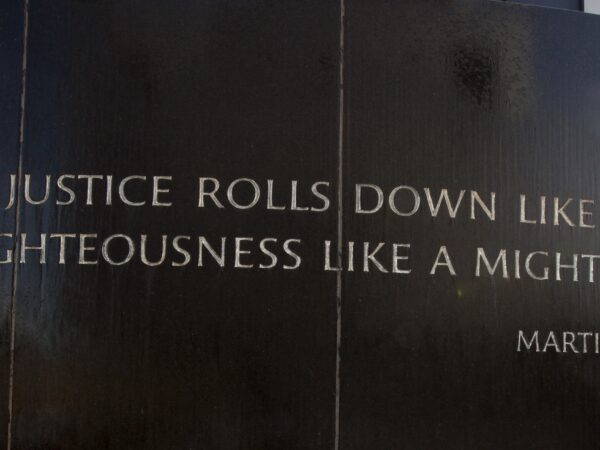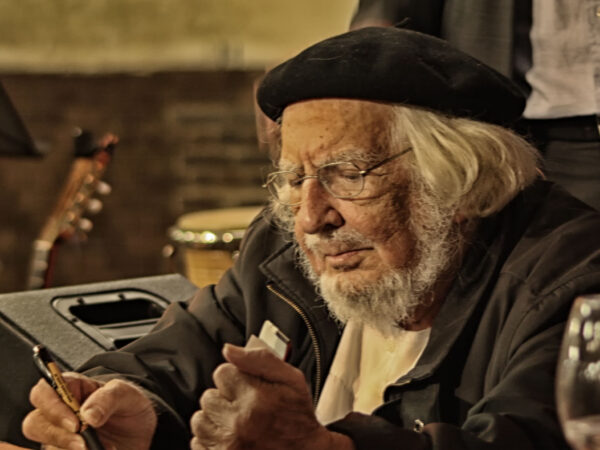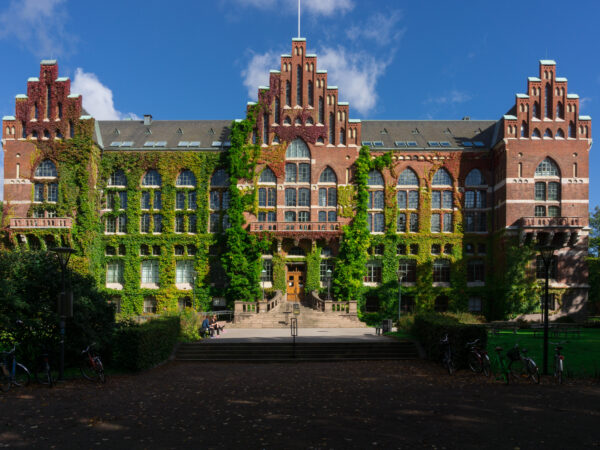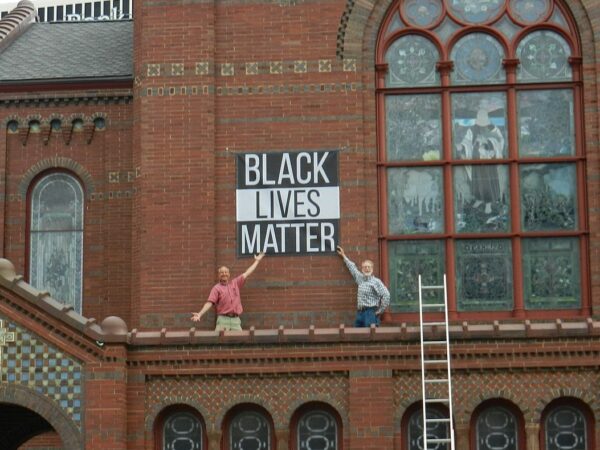
The reality into which we are called to participate, to embody, and to invite others is profound in that it promises to create the very sociality for which we long. It promises to establish the Kingdom of God that is not yet our everyday reality and, at the same time, is present to us in certain spaces and in moments of profound connection.

Following Jesus the Dao in flesh is to follow the way of liberative freedom, a freedom to embrace the openness of Jesus’s multifaceted witness instead of reductively boxing him in by way of the Logic of the One.
By Henry Kuo









